Inside the extraordinary hotel that put a remote Indonesian island on the map
Sumba is famous for three things: surfing, wild horses and NIHI. We sent Emma Love to investigate whether the island and hotel that everyone is talking about is really worth the hype.
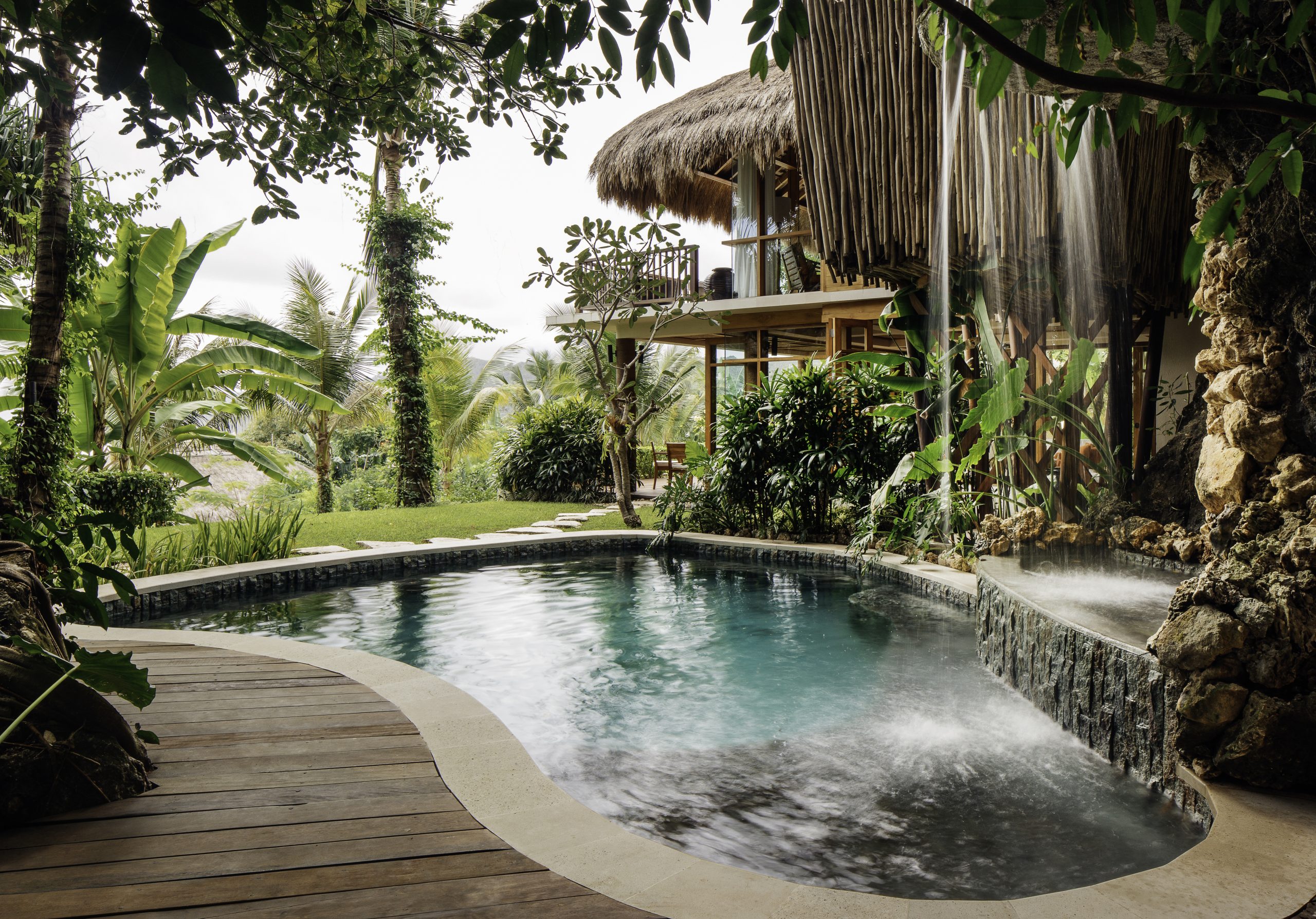

NIHI is the hotel that first put Sumba on the map. This and surfing.
In the 1980s, clued-up wave chasers flocked to the Indonesian island for a point break now known as Occy’s Left, sleeping in basic accommodation behind the beach. Although these days it’s very different — there are 27, gorgeous thatched villas, inspired by local architecture, four-poster beds and kaptens (butlers) who send WhatsApp messages about whether the sea conditions are favourable for snorkelling — the freewheeling surfer spirit remains.
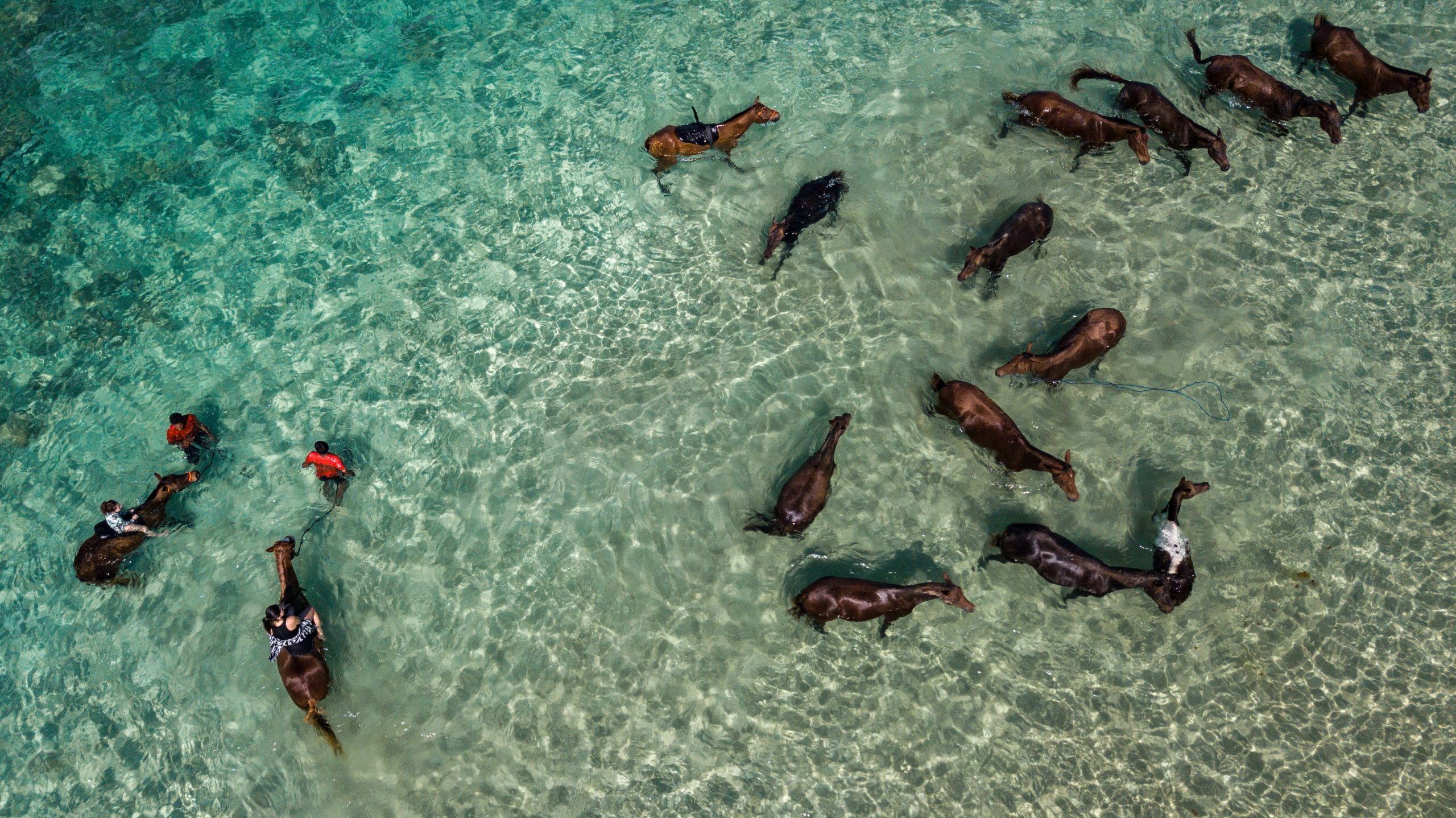
Staying here — in all 567 acres of it — feels like gaining membership to a very special and secret club — one where the crowd is interesting (bio-tech investors; fashion industry start-up entrepreneurs) and impossibly glamorous (Hollywood royalty).
Lunch is served at the sand-between-the-toes Nio Beach Club (tempura soft shell crab, nasi goreng, and pomelo and prawn salad); frozen dragon fruit dispensed by the Boathouse Bar come afternoon soothes flushed faces. Rescue horses live out their second lives like kings at Sandalwood Stables, and take daily dips in the ocean before galloping up into the hills to graze. Wake up with the sun and you’ll see local fishermen waiting patiently in waist-deep water for the day’s catch.
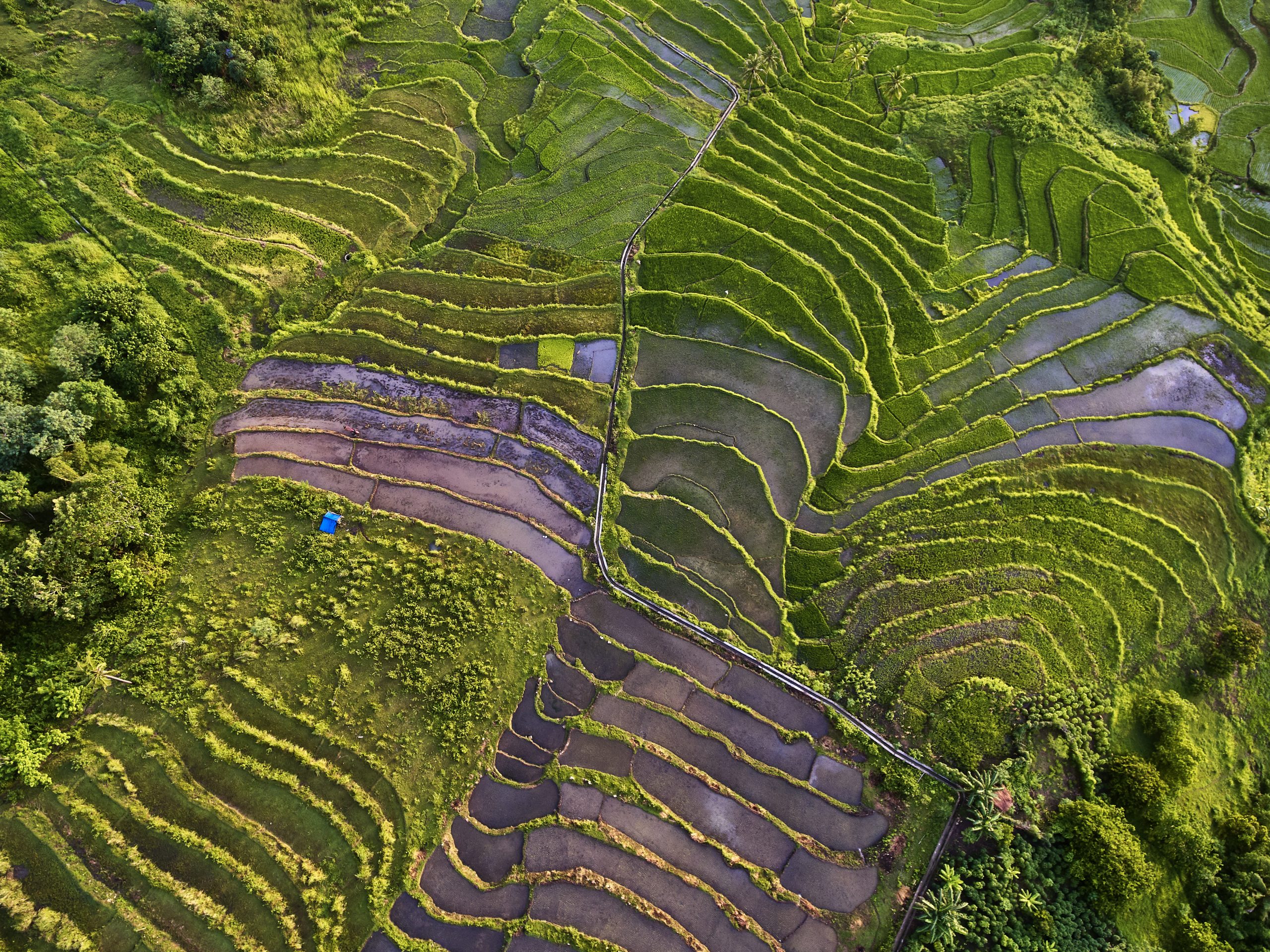
To reach the Nihioka Spa, you will need to trek through rice paddies and villages (if you plan on stopping off in one, make sure to take some sirih pinang (betelnut) as a gift; a packet of cigarettes won’t go amiss, either).
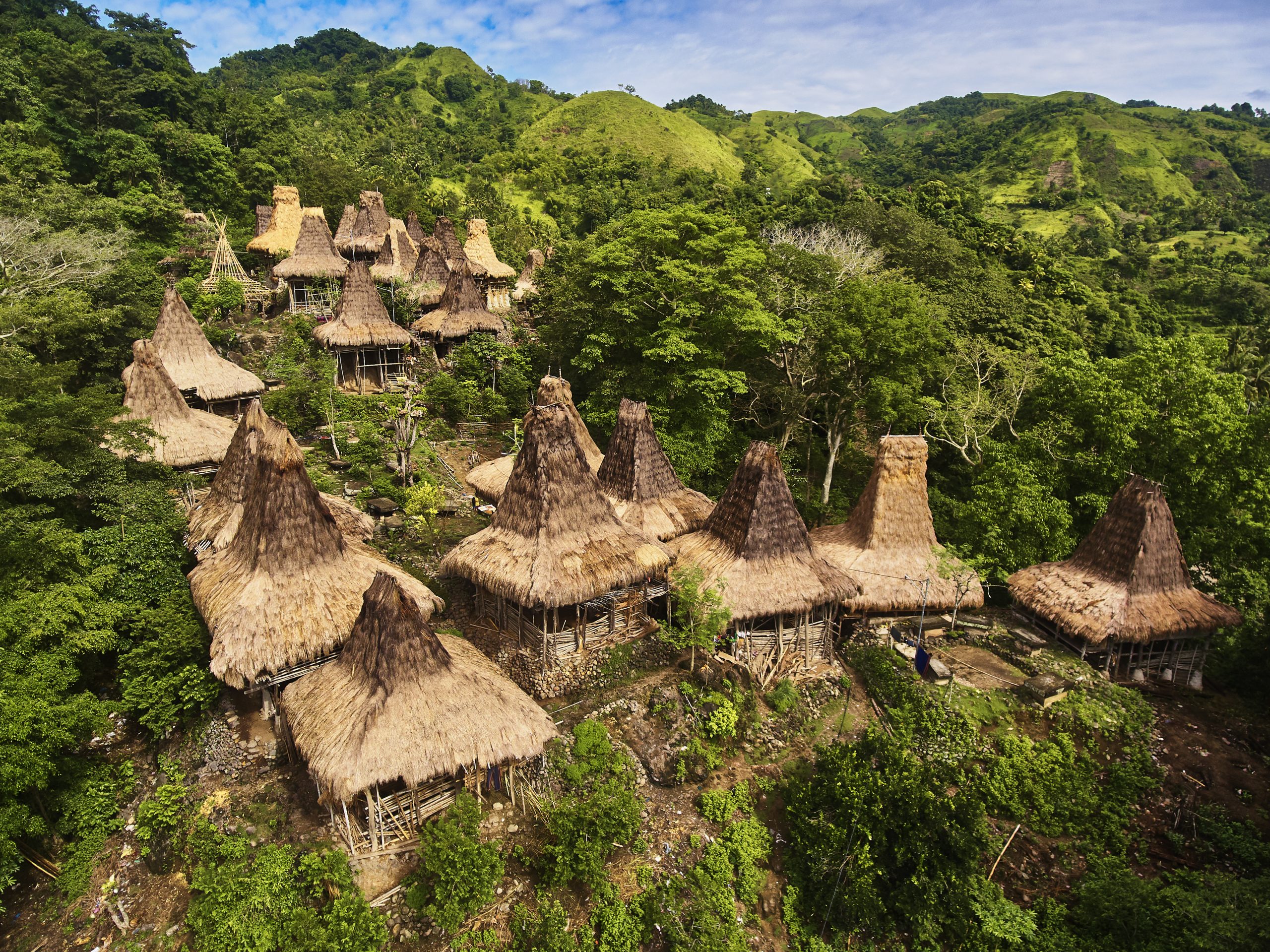
One of the most defining aspects of this near-pristine Indonesian island is its isolated way of life and unique Marapu faith, an ancestral religion, in which Sumbanese people worship the spirits of their ancestors, whom they believe live around them. ‘It’s why the roofs of our homes are so tall. This is a sacred space reserved for the spirits of our ancestors,’ explains Anggi, one of the resorts driver.
The hotel was built in 1988 by Claude and Petra Graves, who were on a mission to honour the island’s beauty and way of life. Since then, little has changed. Bar a few small boutique properties, the next big arrival is Cap Karoso, a much-anticipated 67-room resort. It’s set along the island’s little explored, wild western fringes. A project from first-time hoteliers Fabrice and Eve Ivara, the modern design-led property will focus on food with ingredients grown on the resort’s organic farm.
Sign up for the Country Life Newsletter
Exquisite houses, the beauty of Nature, and how to get the most from your life, straight to your inbox.
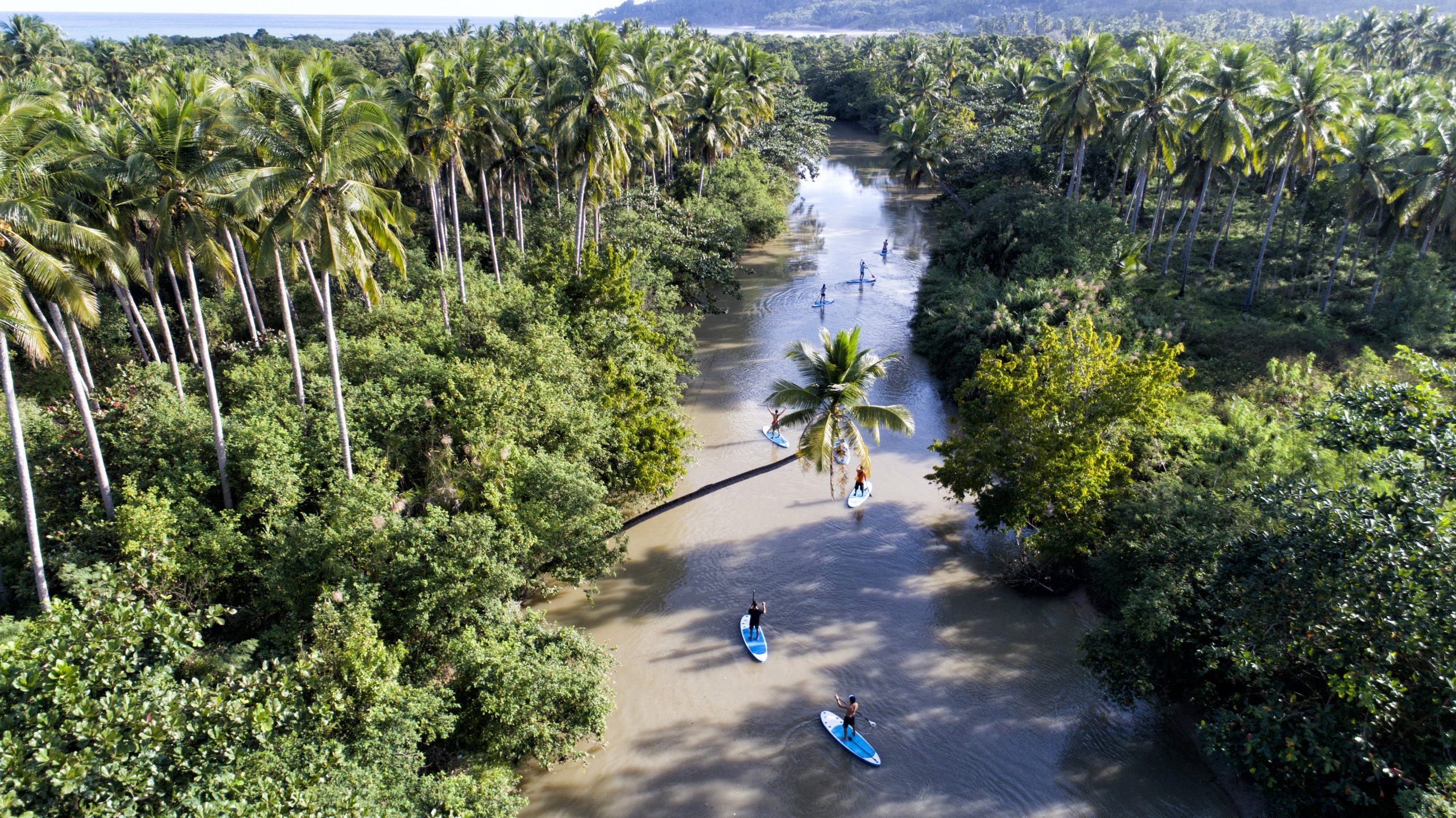
For the moment, NIHI, which is now owned by American financier Chris Burch and South African hotelier James McBride, remains a magical place — and not only for its setting alongside a private one-mile stretch of pristine palm-fringed beach (which is famous worldwide on social media for the wild horses that like to gallop along the water's edge). Days here can be as active or relaxed as you wish: sunset horse rides along the surf or lazy afternoons by the pool.
A new Wild Wellness concept launches this Spring and includes equine retreats and the Sumba 7 Detox, a pick-and-mix style treatment menu scribbled out on a wooden board.
There’s no singular part of NIHI Sumba that’s helped propel it to a type of stardom normally bestowed upon the people who stay here—it just nails it all and has true soul.
Best time to go
The best time to visit Sumba is during the dry season, which runs from May to October. You can visit during the rainy season, but expect daily showers.
How to get there
Twice the size of Bali, Sumba is a big island. There are two airports: Waingapu on the east and Tambolaka on the west — which is where most visitors tend to head to, as this is where NIHI and Cap Karoso are. The drive from one side of the island to the other can take up to seven hours — and the cost of a taxi will be more expensive than the flight itself—so make sure you know where you want to go before booking your flights. There are ferries to and from nearby islands, Sumbawa and Flores, but most people tend to fly from Bali on Lion Air or Nam Air.
Scott Dunn offers four nights at NIHI Sumba from £4,337 per person on a full board basis. The price includes water activities around Nihiwatu Beach, yoga and meditation classes and a complimentary minibar, refreshed daily, return flights and private transfers, as well as a complimentary tour of projects by The Sumba Foundation.
Additional words by Lauren Ho
Country Life is unlike any other magazine: the only glossy weekly on the newsstand and the only magazine that has been guest-edited by HRH The King not once, but twice. It is a celebration of modern rural life and all its diverse joys and pleasures — that was first published in Queen Victoria's Diamond Jubilee year. Our eclectic mixture of witty and informative content — from the most up-to-date property news and commentary and a coveted glimpse inside some of the UK's best houses and gardens, to gardening, the arts and interior design, written by experts in their field — still cannot be found in print or online, anywhere else.
-
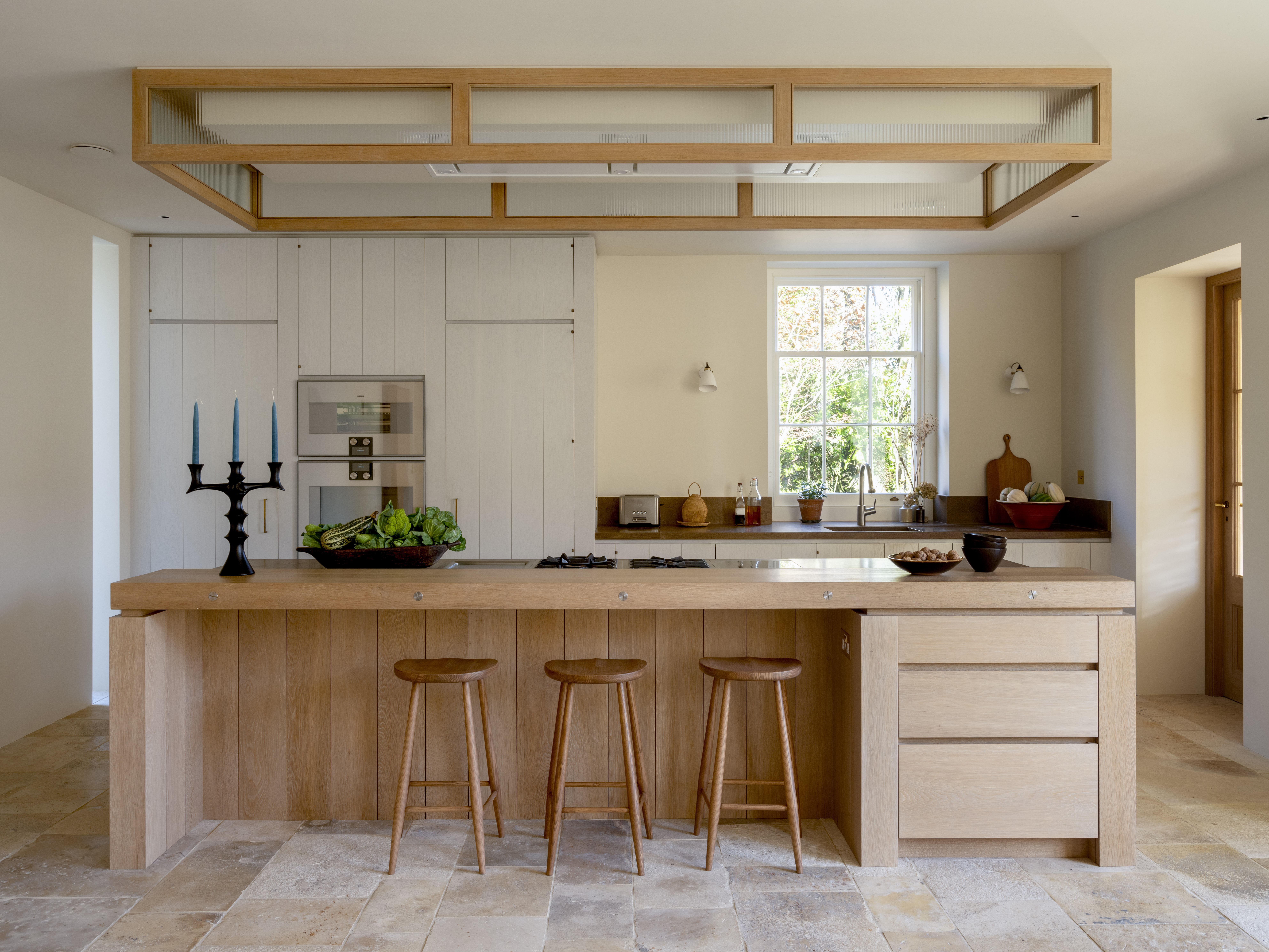 Designer's Room: A solid oak French kitchen that's been cleverly engineered to last
Designer's Room: A solid oak French kitchen that's been cleverly engineered to lastKitchen and joinery specialist Artichoke had several clever tricks to deal with the fact that natural wood expands and contracts.
By Amelia Thorpe
-
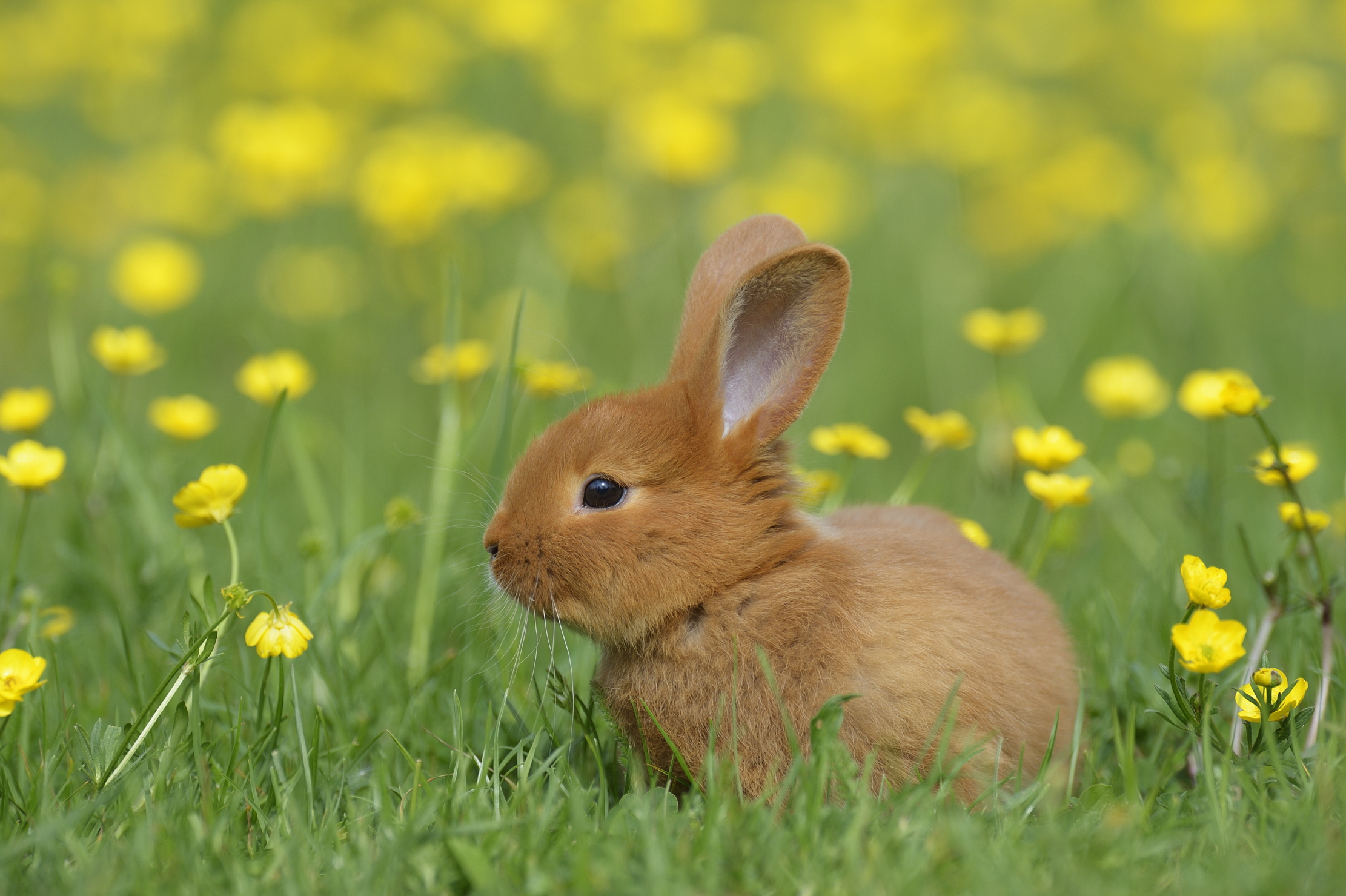 Chocolate eggs, bunnies and the Resurrection: Country Life Quiz of the Day, April 18, 2025
Chocolate eggs, bunnies and the Resurrection: Country Life Quiz of the Day, April 18, 2025Friday's quiz is an Easter special.
By James Fisher
-
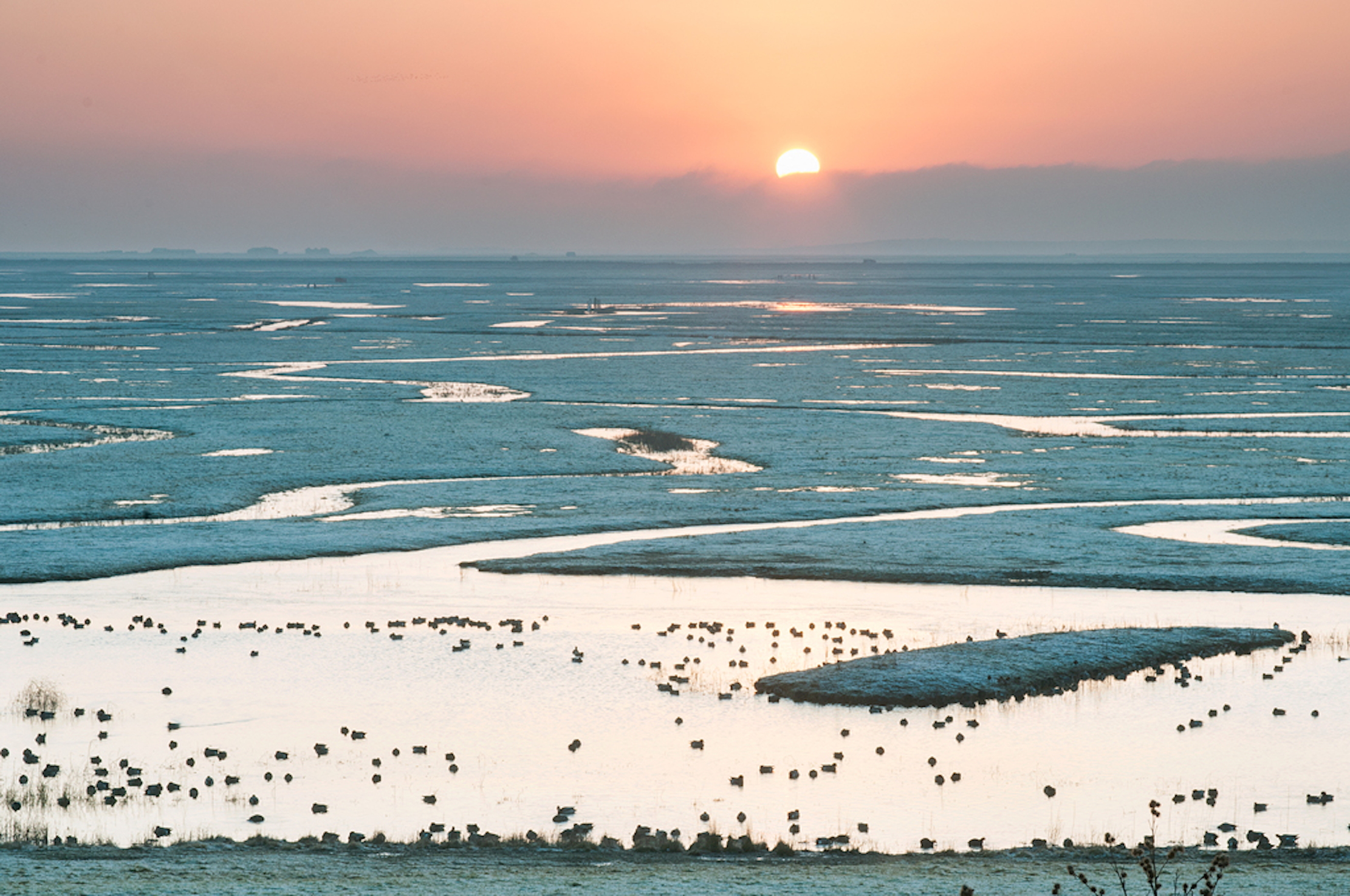 Elmley Nature Reserve – an island of nature in Kent that vibrates with birdsong
Elmley Nature Reserve – an island of nature in Kent that vibrates with birdsongSpending two days in the wilderness on the Isle of Sheppey shows how much we've lost and how much we have to gain.
By James Fisher
-
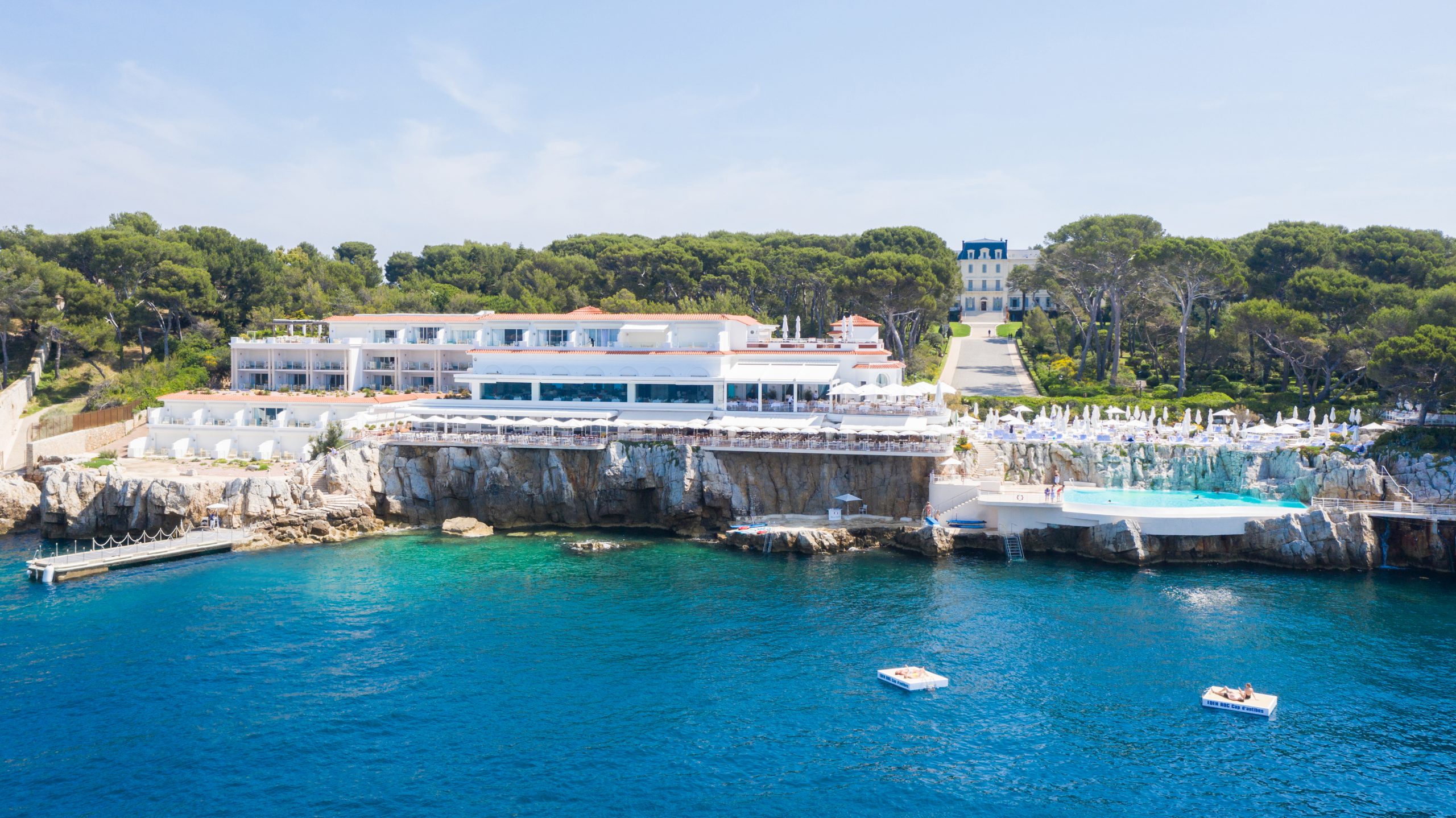 Hotel du Cap-Eden-Roc review: Is this the world's best, most famous and photographed hotel?
Hotel du Cap-Eden-Roc review: Is this the world's best, most famous and photographed hotel?Whoever said 'it's not the destination but the journey that counts' never checked in to the Hotel du Cap-Eden-Roc, says Rosie Paterson.
By Rosie Paterson
-
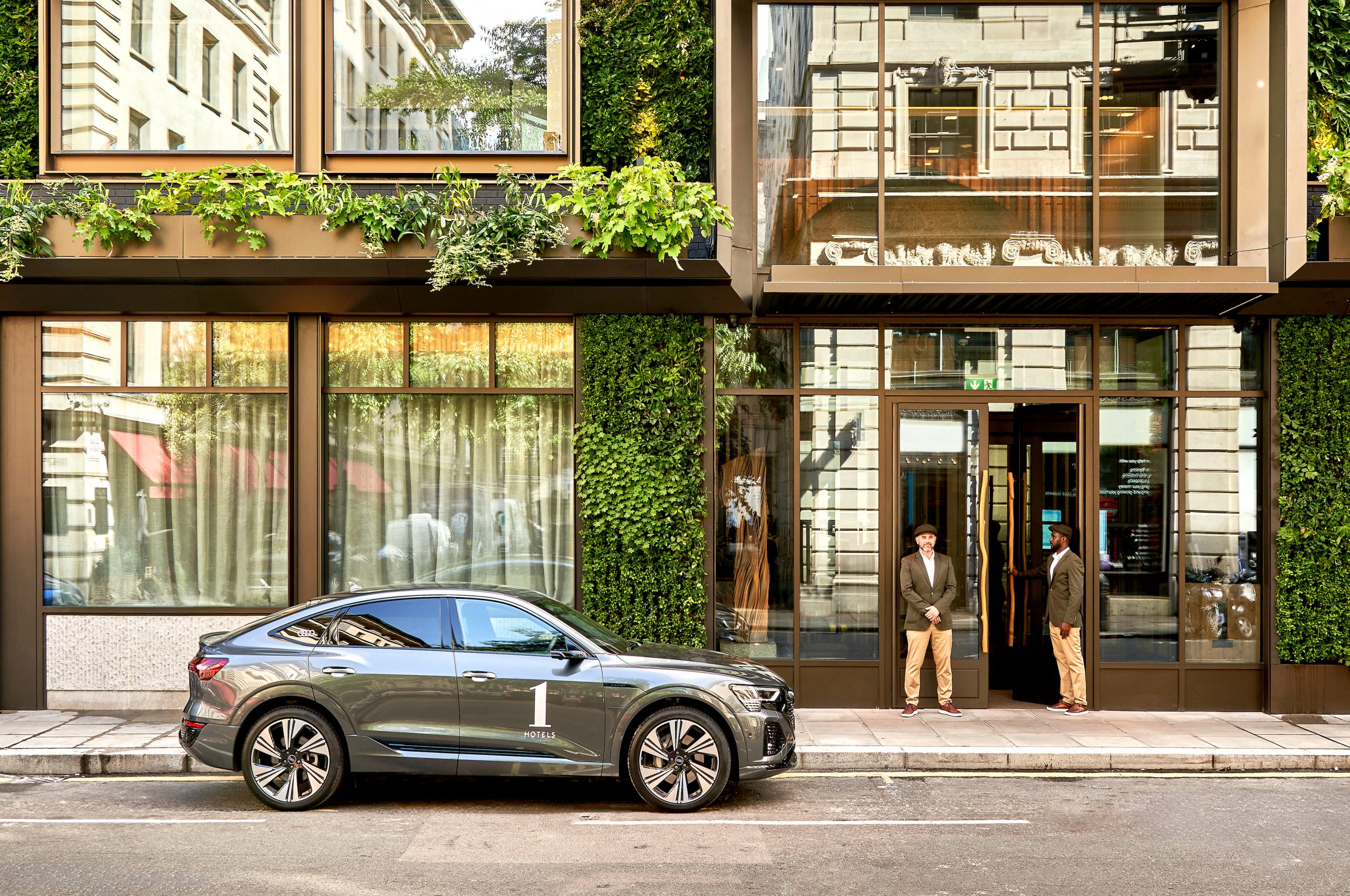 1 Hotel Mayfair review: A masterclass in marrying luxury and sustainability in the capital
1 Hotel Mayfair review: A masterclass in marrying luxury and sustainability in the capitalHigh-brow neighbours include The Ritz, Brown’s and Dukes, but 1 Hotel Mayfair is determined to shake up Mayfair and Piccadilly with its own brand of Nature-inspired, California cool, says Emma Hiley.
By Emma Hiley